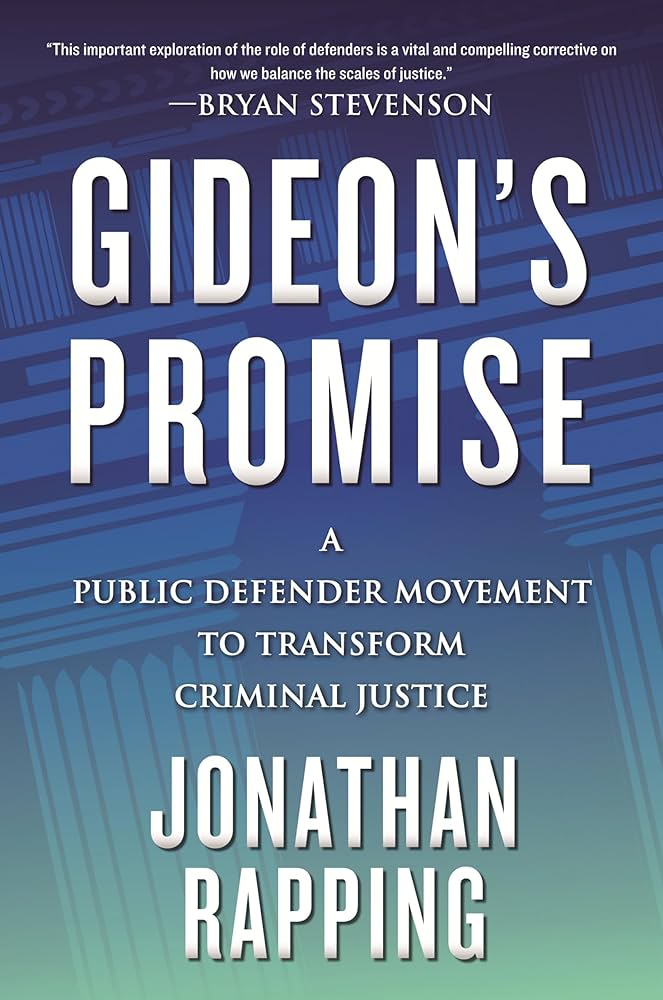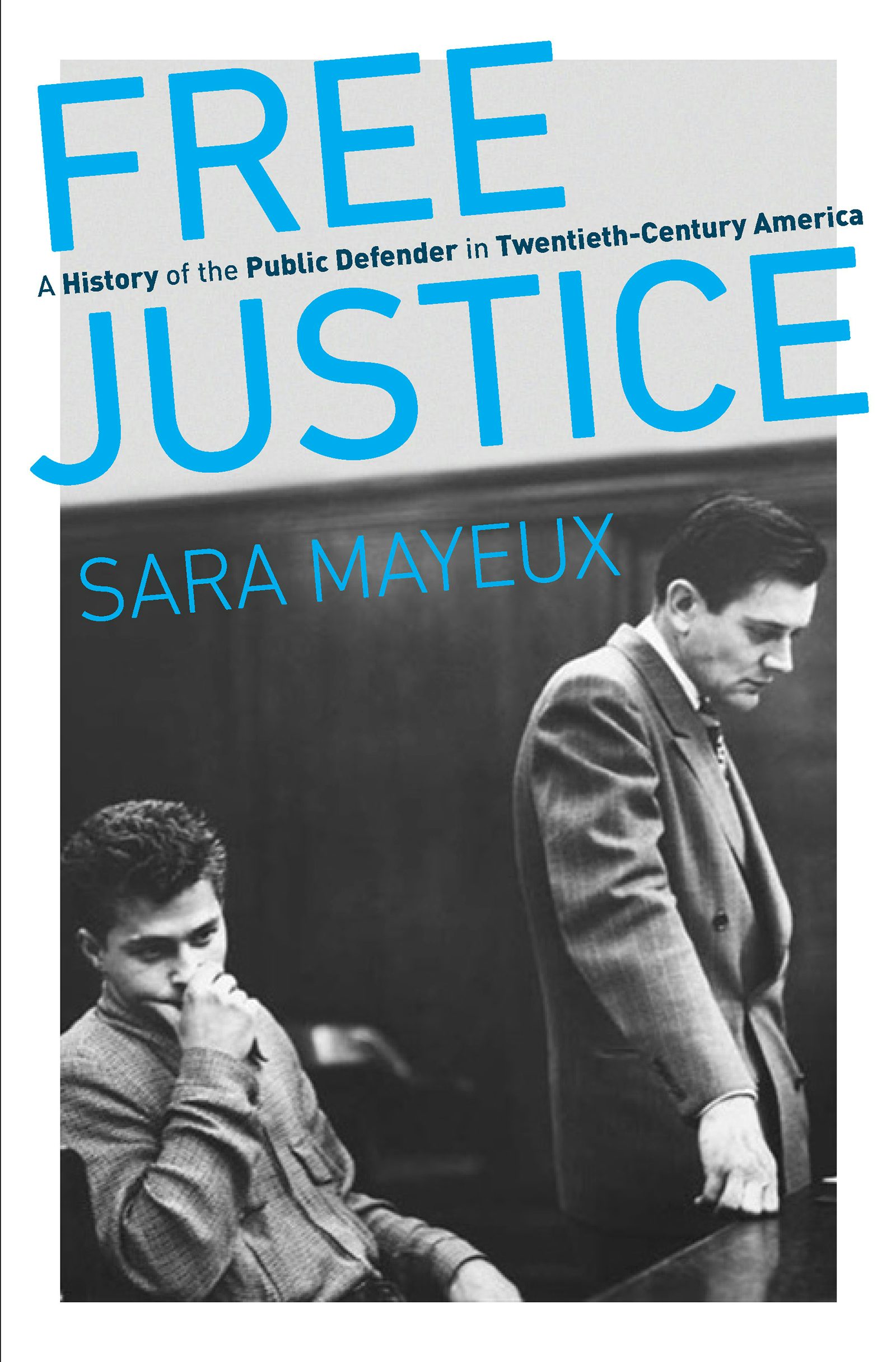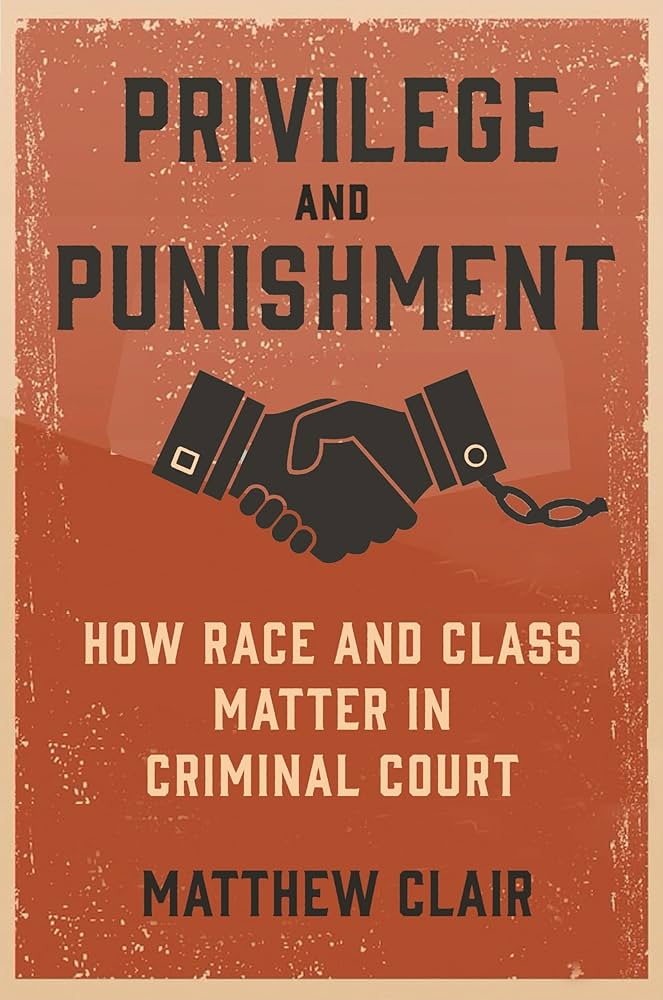Mayeux begins her story during the Progressive Era, when local, state, and federal governments responded to the problems wrought by industrial capitalism by creating new agencies, staffed with experts, to protect public health, safety, and welfare. Reform-minded jurists believed that people dealing with workplace accidents, landlord-tenant disputes, child custody battles, and other social issues needed legal advice—and that the state should provide it. In 1914 John Wigmore, the dean of Northwestern University’s law school, published an article arguing that, just as the state ran public hospitals, it could likewise set up public legal clinics. “Justice,” he wrote, had been “a state function long before health was.”
Wigmore’s proposal caught on with a few lawyers, mainly on the margins of the profession, who supported the idea of government-salaried defense attorneys—the public defender. One was Clara Foltz, the first woman admitted to the bar in California. Another was Mayer Goldman, the son of German Jewish immigrants who grew up impoverished and graduated from the Law School of the City of New York.
In promoting public defense, reformers sought to moderate the excessively combative nature of criminal adjudication, with aggressive prosecutors cutting legal corners and private defense lawyers exploiting technicalities, leading to wrongful convictions on the one hand and the guilty escaping punishment on the other. To remedy this, Goldman argued that criminal defense should become a government function. The state had already taken over policing and prosecution starting in the mid-eighteenth century, so this, Goldman asserted, was the logical next step.
As government officials, both public defenders and prosecutors would, Goldman wrote, “work harmoniously, with the sole purpose of bringing out the facts and the law in a given case, and to strive for the highest ideals in the administration of justice.” Trials would no longer be contentious but collaborative—and rare. Defenders would still go to trial if they believed the defendant to be innocent, but when they thought the evidence was overwhelmingly inculpatory, they would advise clients to plead guilty and to accept a “just and fair punishment.” Progressive reformers viewed plea negotiations not as a symptom of a failing system but as the best way to avoid “petty quibbles” that hired lawyers might raise to thwart the pursuit of justice. Goldman’s early proposals would have given wealthy defendants the option to retain their own lawyers, but he later decided that all criminal defendants, rich and poor alike, should be represented by a public defender in order to eliminate the distortions of the profit motive.


